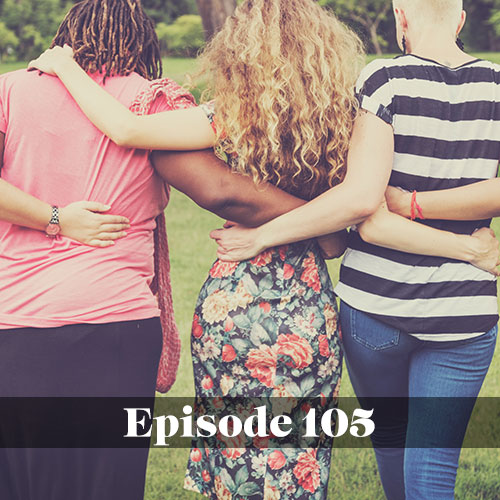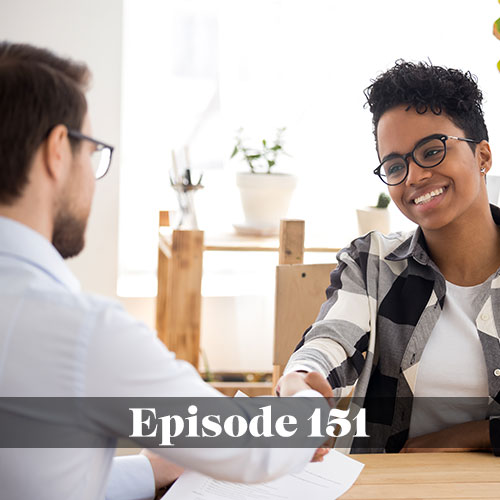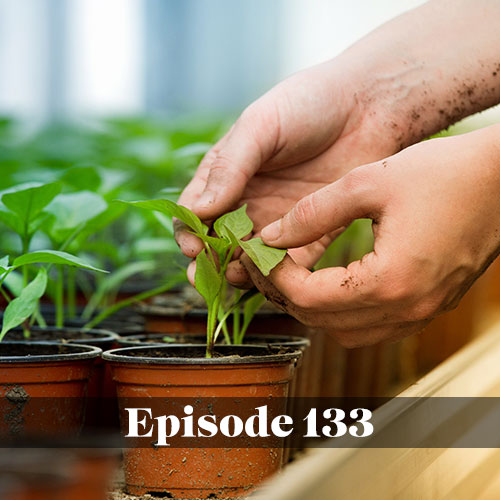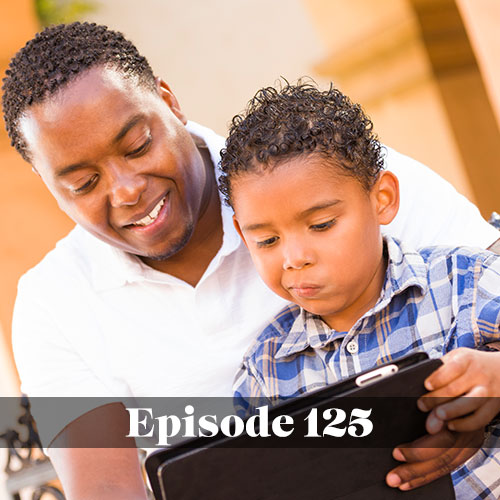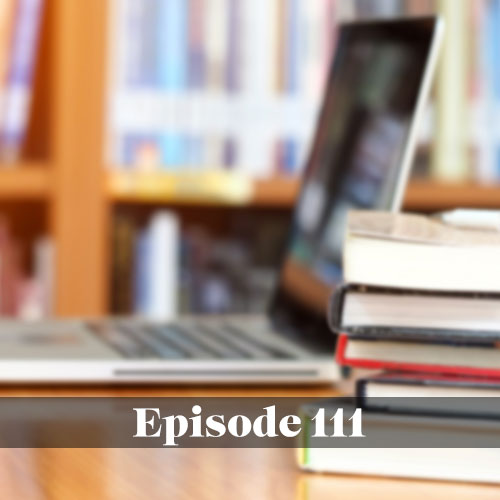In this episode, host Joel Gagne speaks with Jill Habig, founder and President of the Public Rights Project, a not-for-profit that helps public institutions protect the civil rights of their communities. Habig, a lawyer by training and involved in local and state government for most of the past decade, discusses civil rights in schools, as well as chronic absence and the school-to-prison pipeline.
Joel asks Jill where we are as a country in terms of civil rights in schools.
“I think, really, education is at the core of some of the bigger civil rights issues that we’re facing as a country right now,” Jill says. “It’s the foundation upon which we build everything else, in terms of not just civil rights but really a just and equal society overall.”
If people don’t have access to high-quality education then we lock in whatever inequity was part of the ZIP code they were born in. Jill says education is the best way to equalize opportunity for people in this country—“and we’re falling short.”
Joel asks her if any of these issues are likely to get worse in the next five to 10 years.
Jill says the change in presidential administrations has changed the roles of state attorneys and local advocacy groups, especially when it comes to transgender issues.
“I think that’s one big trend you’re likely to see is just more activity at the state and local level in the next few years,” she says.
Describing the school-to-prison pipeline, Jill says it’s the unfortunate trend by which we are cementing and exacerbating the inequities students come into school with. She suggests schools should be able to funnel students of color into a more positive path, overcoming institutional discrimination and racism.
Joel and Jill discuss the damaging effects of chronic absence. One study found that 83% of students who are chronically absent fall behind in reading by 3rd grade. And they are much more likely to drop out of high school.
“Chronic absence is a huge underlying issue that really sets kids up at a disadvantage from the earliest years of schools,” Jill says.
The first step is data, and actually tracking chronic absences.
“To me the question is really how do schools respond to chronic absence and how do they use it as an indicator of students who need support,” Jill says. “So it can go in a positive productive direction, or not, depending on how schools respond.”
Chronic absences are often a result of things going on at the homes of students.
Jill points to disproportionate discipline as another serious issue within civil rights.
Boys are more likely to be suspended or expelled than girls are, and the same goes for black students compared to white or Asian, Jill says. School policing is a factor to consider. And there’s an unnecessary criminalization of general misbehavior that should be handled in schools.
Students can turn to a number of organizations if they have civil rights concerns, including the Education Civil Rights Alliance, ACLU, GLAAD, public counsel or a state attorney general’s website.
The Public Rights Project can be contacted at Publicrightsproject.org. The organization is launching a fellowship application to place attorneys into offices in Oakland and Massachusetts.
To close out the podcast, Jill recommends listeners read the case Brown v. Board of Education, which she says crystallizes the case against segregation. She recommends the book How Cities Will Save the World by John Travis Marshall and Ray Brescia.
Got a question or topic you’d like covered in an upcoming We Love Schools podcast? Email us at info@weloveschoolspodcast.com
First time listening to We Love Schools? Learn more about our weekly podcast.
Interested in learning more about how the Allerton Hill Communications team can help your school with communications? Contact us today.


